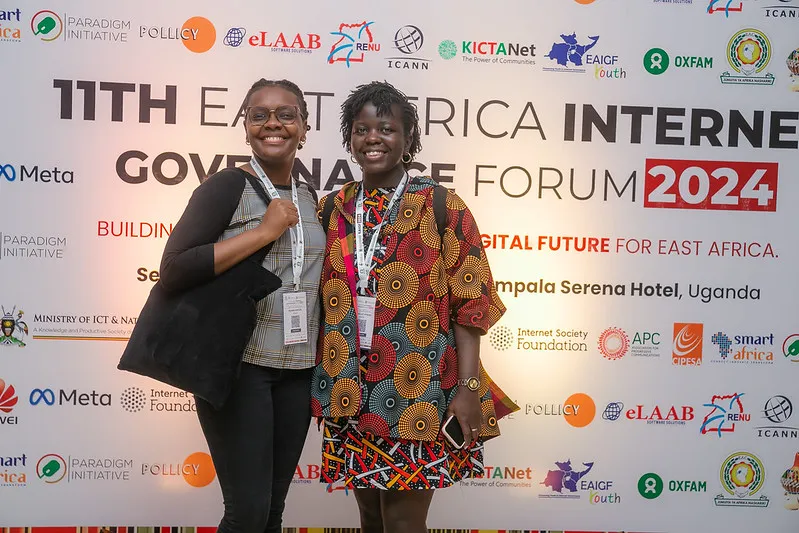By Nzambi Kakusu
Imagine being able to use intellectual property as collateral to access funding.
Kenya’s Movable Property Security Rights Act (MPSR Act) of 2017 signals a cultural shift in the legal framework concerning the use of intellectual property (IP) as collateral for securing loans. The interest and objectives of this legislation are broadening credit access by allowing both individuals and businesses to leverage intangible assets, including IP rights, as security for financing.
The MPSR Act was enacted to facilitate the use of movable property, including intangible properties as collateral for loans.
Some of the key features of the Act include the recognition of IP as Collateral and the provision of a registry for the security rights over movable assets where the Act defines such forms of IP including Trademarks, Copyright and Patents as non-exhaustive hence inspiring a commercial element of such Assets, amongst other developments, and provision of legal framework that enhances harmonization and stability of secured transactions concerning movable assets.
Despite the advancements provided by the MPSR Act, several challenges remain regarding the valuation of intellectual property. These are the top 3 challenges:
- The scarcity of qualified professionals capable of accurately valuing IP assets in Kenya creates uncertainty for lenders who may be hesitant to accept IP as collateral without a clear understanding of its value.
- The inherent intangible nature of intellectual property makes it difficult to assess its worth compared to tangible assets like real estate. Financial institutions have a preference for traditional forms of collateral that are easier to appraise and have predictable value appreciation.
- While ownership of IP is automatic upon creation, registration provides proof that can instill confidence in lenders hence Non-registered IP rights may limit access to credit opportunities.
To address these challenges and facilitate the effective use of IP under the MPSR Act, it is essential to establish clear guidelines for IP valuation developing standardized methods for valuing different types of intellectual property will help create a more predictable framework for lenders and borrowers alike; Institutions initiating training programs aimed at equipping professionals with the necessary skills for accurate IP valuation, and engaging with banks and other financial institutions to develop tailored approaches for assessing the value of IP can enhance their willingness to accept it as collateral.
KICTANet plays a vital role in advocating for policies that promote the recognition and utilization of intellectual property in Kenya’s digital economy. Our efforts include: engaging policymakers to promote legislative reforms that enhance the legal framework surrounding intellectual property rights.
KICTANet, through its workshops and training sessions, aims to raise awareness about the importance of issues like intellectual property by connecting stakeholders across various sectors. KICTANet fosters collaborations that can lead to innovative solutions for leveraging intellectual property in financing.
The Movable Property Security Rights Act presents a progressive opportunity for Kenyan businesses and individuals to access financing using intellectual property as collateral. By addressing the challenges and leveraging the support of organizations like KICTANet, we can unlock new avenues for growth and innovation.
Nzambi J.Kakusu, Program Administrator, KICTANet, is passionate about using technology to solve societal problems.
![]()




